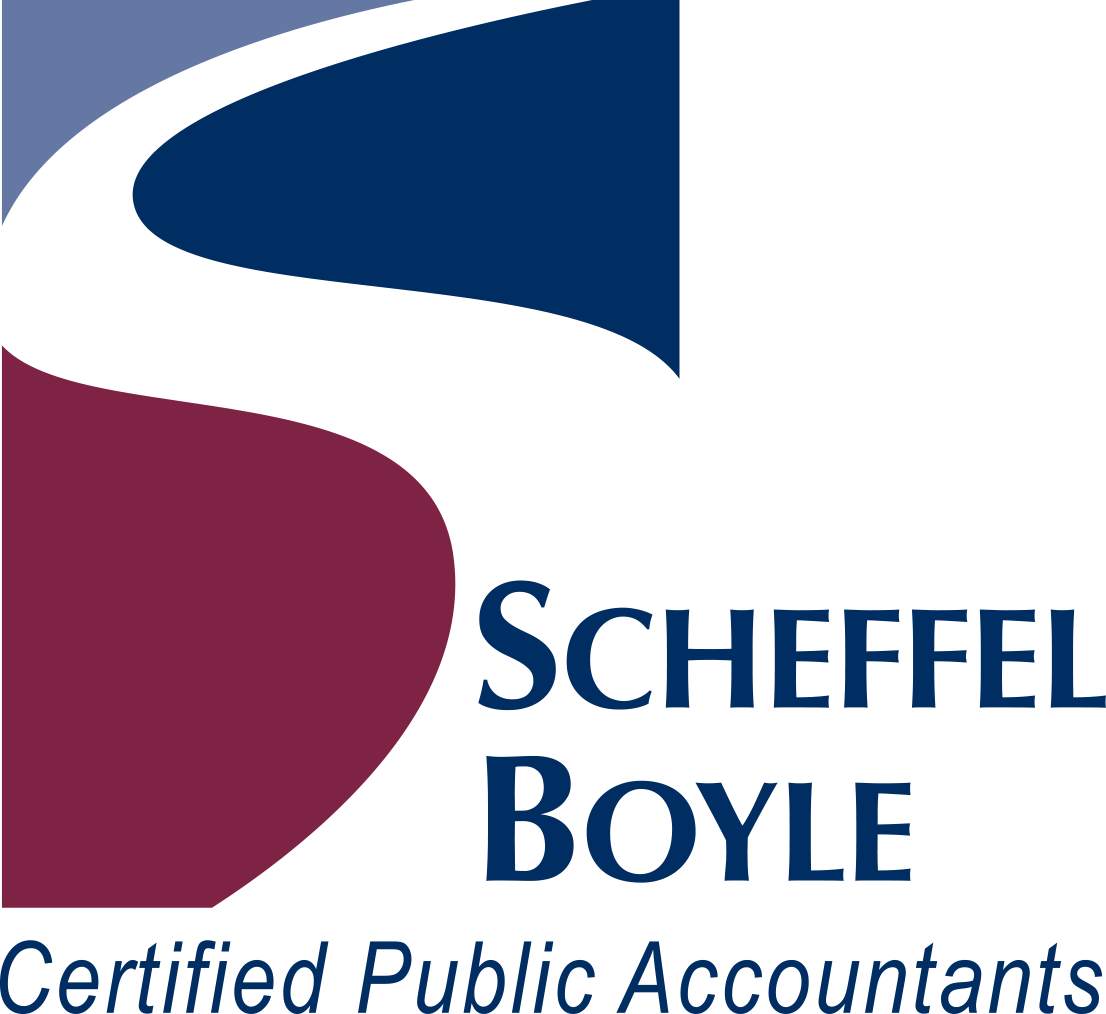Warning Signs in Your Financial Statements
A regular review of your company’s financial statements can help you catch warning signs that may alert you to future problems. Detecting problems early can help you prevent long-lasting damage to your firm’s financial health. Here are five warning signs you should be on the lookout for.
Issues with Available Cash
Cash flow is the lifeblood of a business. You should be concerned if your cash flow is insufficient to cover expenses because payments for a project are slow in coming. Another red flag is when your cash reserves accumulate rather than being spent. Excess funds may be parked in short-term investment accounts, but ideally, they should be used for ongoing projects.
High Underbillings Ratio
The underbillings-to-equity ratio measures the percentage of your business’s net worth represented by project work that is underbilled.
Essentially, it is a snapshot of the level of contract volume being financed by the owner. Substantial underbillings may be caused by inadequate estimating or poor billing systems.
Excessive Capital Expenditures
Since new equipment is such a significant expense, you need to carefully manage your equipment needs. Frequent purchases of expensive equipment may impede cash flow, raise debt levels, and limit your ability to take on new projects. In addition, consider how financing a large purchase could affect your ability to obtain credit for other needs.
Before committing to any large capital expenditure, you should analyze your upcoming cash needs and try to match purchases of equipment to existing cash flow. Or, you could consider leasing.
Leasing rather than buying equipment allows you to budget payments over an extended period. You may also be able to tailor the payment schedule to your normal cash flow patterns. Essentially, leasing is a good option if your cash flow is not as good as it should be.
Declining Gross Profit Margin
If you notice that your gross profit margin is shrinking over several periods, your production costs may be rising at a faster pace than your prices. Or, it may be due to the fact that you may be charging less for your services than in the past. Both possibilities present a real threat to the financial health of your business.
Receivables Growing Faster Than Sales
If your receivables are growing faster than sales, then this is a sign that your customers are not paying what they owe you in a timely manner. It’s also a sign that you should evaluate and potentially tighten up your collection procedures.
A good first step is to be proactive and consistent about issuing invoices and providing any necessary supporting documentation. In addition, contact customers as soon as you detect any delays in payment, and stay on top of accounts that are past due.


